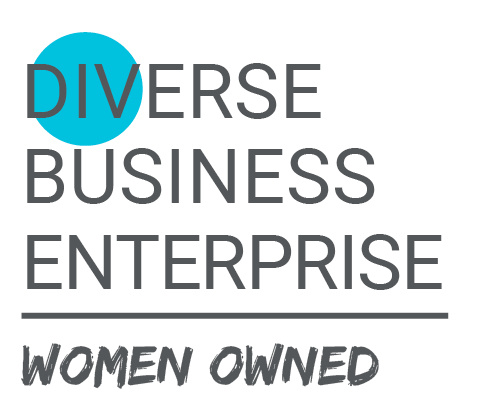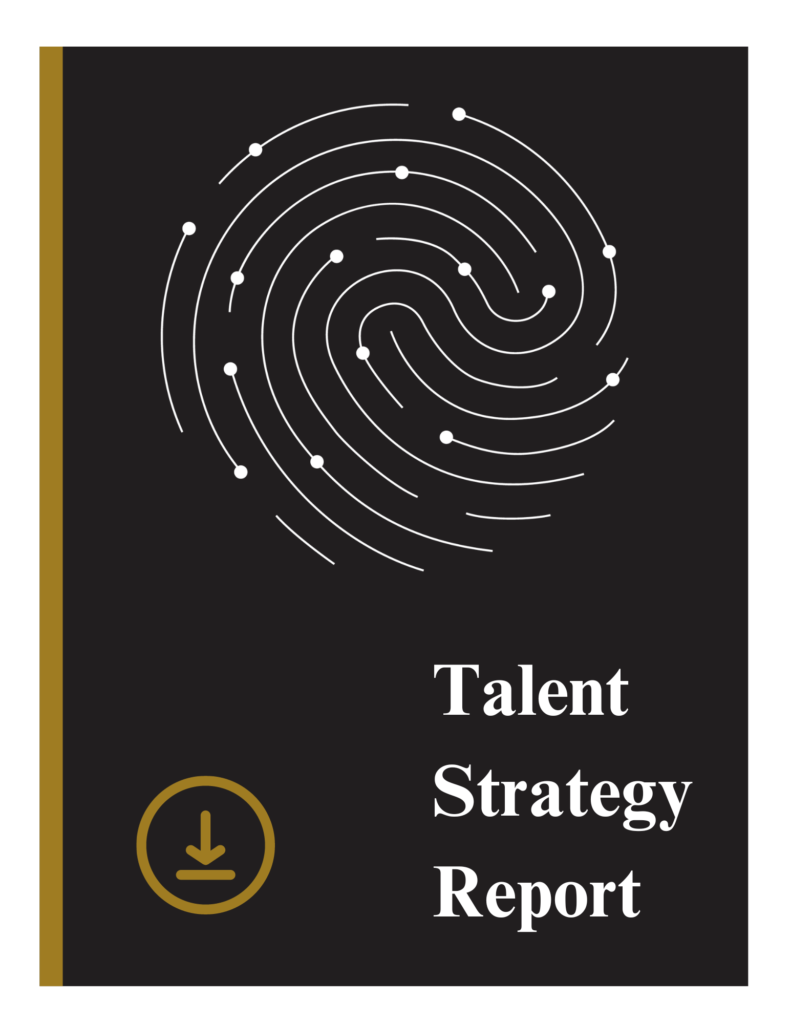by Lauren Fenech
In the world of job hunting, one question often sparks debates and discussions among job seekers, hiring managers, and HR professionals alike: Should hiring managers share compensation ranges in a job posting? I also find this is something everyone likes to have an opinion on. On one hand, transparency is key in the hiring process, while on the other, concerns about potential pitfalls and drawbacks make some employers hesitant to disclose salary information upfront. Let’s explore both sides of this stance to gain a deeper understanding of the ongoing debate.
The Case for Transparency
- Enhanced Candidate Experience:
Transparency in compensation can contribute to a positive candidate experience. Knowing the salary range allows job seekers to assess whether the position aligns with their financial expectations and career goals. It saves time for both parties, reducing the likelihood of mismatched expectations and subsequent disappointments. - Attracting Top Talent:
When a job posting includes a clear and competitive compensation range, it can attract high-quality candidates. Skilled professionals often prioritize organizations that are transparent about what they offer, as it demonstrates a commitment to fairness and openness. - Closing the Gender Pay Gap:
Transparent salary information can be a powerful tool in the ongoing battle against the gender pay gap. By openly stating the compensation range, employers signal their commitment to fair pay practices, helping to avoid gender-based wage disparities. - Efficiency in the Hiring Process:
When job seekers have a clear understanding of the compensation package from the start, it
streamlines the hiring process. Candidates can self-select based on their financial expectations, reducing the time and effort spent on interviewing individuals whose salary requirements are misaligned with the offered range.
The Case Against Transparency
- Flexibility and Negotiation:
Employers argue that disclosing a fixed salary range might limit their flexibility during negotiations. By keeping compensation details confidential until later in the hiring process, they maintain the ability to tailor offers based on a candidate’s unique skills, experience, and contributions to the organization. - Preventing Internal Issues:
Some employers fear that disclosing salary information upfront may lead to internal friction among existing employees. If new hires are offered higher salaries than current staff members, it could create tension and morale issues within the team. - Competitive Disadvantage:
In highly competitive industries, companies may be hesitant to reveal their compensation packages in job postings. This reluctance stems from concerns that competitors could use this information to gain a strategic advantage, either by adjusting their own offers or by poaching talent with more lucrative proposals. - Overemphasis on Compensation:
Critics argue that when compensation is front and center in a job posting, it may overshadow other essential aspects of the role, such as company culture, career development opportunities, and benefits. This focus on money alone might attract candidates who prioritize financial gain over long-term job satisfaction and alignment with the company’s values.
Related: Questions to Ask Candidates About Compensation
The debate over whether hiring managers should share compensation ranges in job postings is far from settled. Both sides present valid points, reflecting the complexities inherent in the hiring process. Striking a balance between transparency and strategic flexibility remains a challenge for organizations seeking to attract the right talent while maintaining operational efficiency. As the landscape of work continues to evolve, finding innovative solutions to address these concerns will be crucial for fostering a fair, open, and competitive job market. Ultimately, it will be a leadership decision to identify what is best for the individual organization.
When working with W Talent Solutions, compensation transparency is on the forefront. We discuss what a candidate is seeking for compensation in our first conversation, and we also provide a full snapshot of what our candidates are seeking, especially when we are in the process of an offer.



















